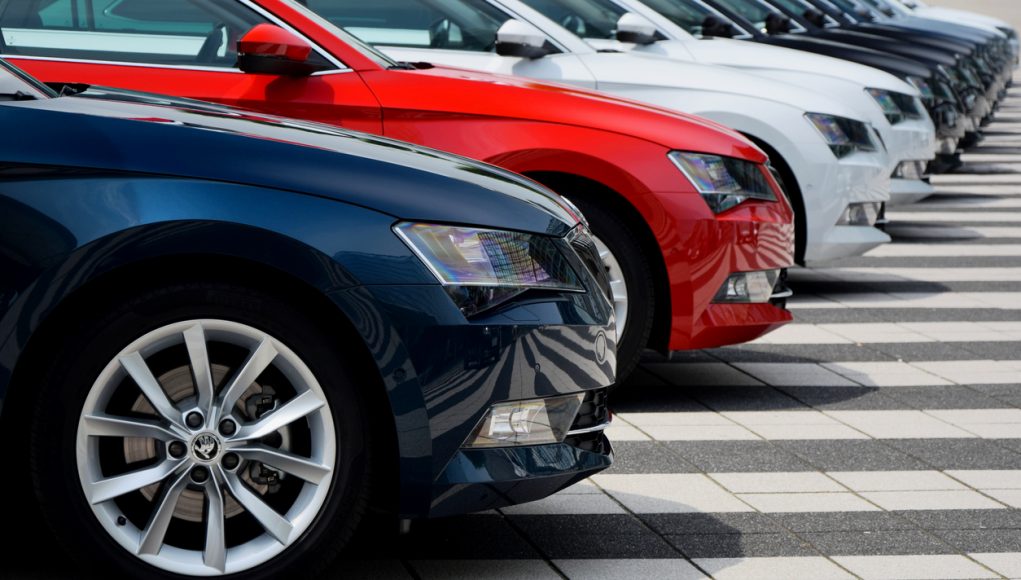During more recent years, cities have seen more commuters than ever, particularly with the introduction of Mobility as a Service (MaaS) companies such as Uber and Lyft. This has meant that already busy cities are becoming more and more congested with traffic, making travelling more time-consuming and expensive.
This is not just in the sense of the cost of private commuting and parking, but also follows into the rising costs of transportation and expenses for both the company and the individual. Mark McKenna, fleet insurance broker for Bluedrop Services, updates us on the impact of Mobility as a Service on today’s businesses.
The introduction of Smart Cities
As a result of the increasing traffic and expenses of commuting, the concept of ‘Smart Cities’ has begun to emerge. This involves a wider scale of car sharing, access to renting bikes, scooters and the introduction of services such as Uber.
These have all led to a wider adoption of Mobility as a Service (Maas). The idea of renting transportation when you need it rather than having a need for your own private car, at least in larger and more populated and congested cities, is growing in popularity.
MaaS as a developing tool
MaaS is not unheard of, in fact, particularly around Europe this service is becoming more predominant. It’s not just Uber, but countries like Switzerland and Finland are already developing MaaS systems to introduce not only car rental services but also maintenance, insurance, tolls, bike sharing, taxi services, train services and parking within cities all within a subscription, pay as you go or app services.
In addition to this, larger car companies such as BMW, Mercedes Benz, Ford and Porsche also provide car subscription services to companies and individuals.
The growth of MaaS and its impact on business vehicle management
With MaaS continuing to grow at such an exponential rate and the introduction of Smart Cities, there is an opportunity to have fewer vehicles on the road. This not only provides economical and environmental opportunities but also creates scope for businesses to find more affordable commuting situations and minimise wait times across industries worldwide.
The issue is that these sorts of systems will require a management system that needs more than an app. There will be an aptitude of data and intelligence needed to co-ordinate this type of system in a centralised manner.
From fleet management to mobility management
For business fleets, MaaS will likely be the norm for their operations in 20 years. By 2020 the growth will be inevitable which will transform fleet management as we know it.
Despite this, due to lack of investment in public transport services there will still be a huge position for private mobility services in the future markets. This presents new opportunities for fleet management companies which already face a revolution in their services. Emerging markets, cost pressures, technology, government regulations and technology in manufacturing will have always provided new challenges for the industry. Yet, moving into new mobility management systems could help to revolutionise the industry.
Diversity and opportunity
Instead of seeing these changes as a threat, the fleet industry has already embraced the need for diversity and seen the opportunity that MaaS could have for them. Fleet Managers will be looking at a mobility budget as a whole, as opposed to focussing on their internal fleet costs. Overall it will be about saving time, money and our carbon footprint.
Whilst there is already evidence of MaaS systems, the fleet industry could potentially spearhead the move towards it by embracing the knowledge they already possess. This is everything from automated systems, access to date, cost advantages to their advanced skills and knowledge in co-ordination, scheduling and accounting. Not only can they embrace their expertise, but by utilising the use of mobile platforms it can give them extra brain power putting them in a strong position.
Therefore, it’s not about a threat to the industry but about a paradigm shift and providing new opportunities where the fleet industry can enhance their position and expand into new areas.
With fleet input, MaaS can help to improve quality of life for individuals, help companies save money, encourage alternative transport services which can help the environment whilst also providing the data and analysis to constantly provide new ways for improvement.
Autonomous vehicles, car-sharing and public transport is not a threat to the fleet industry, in fact it is pushing them in the right direction to become an industry that will adapt and provide a more sustainable way of transport for the future.
















